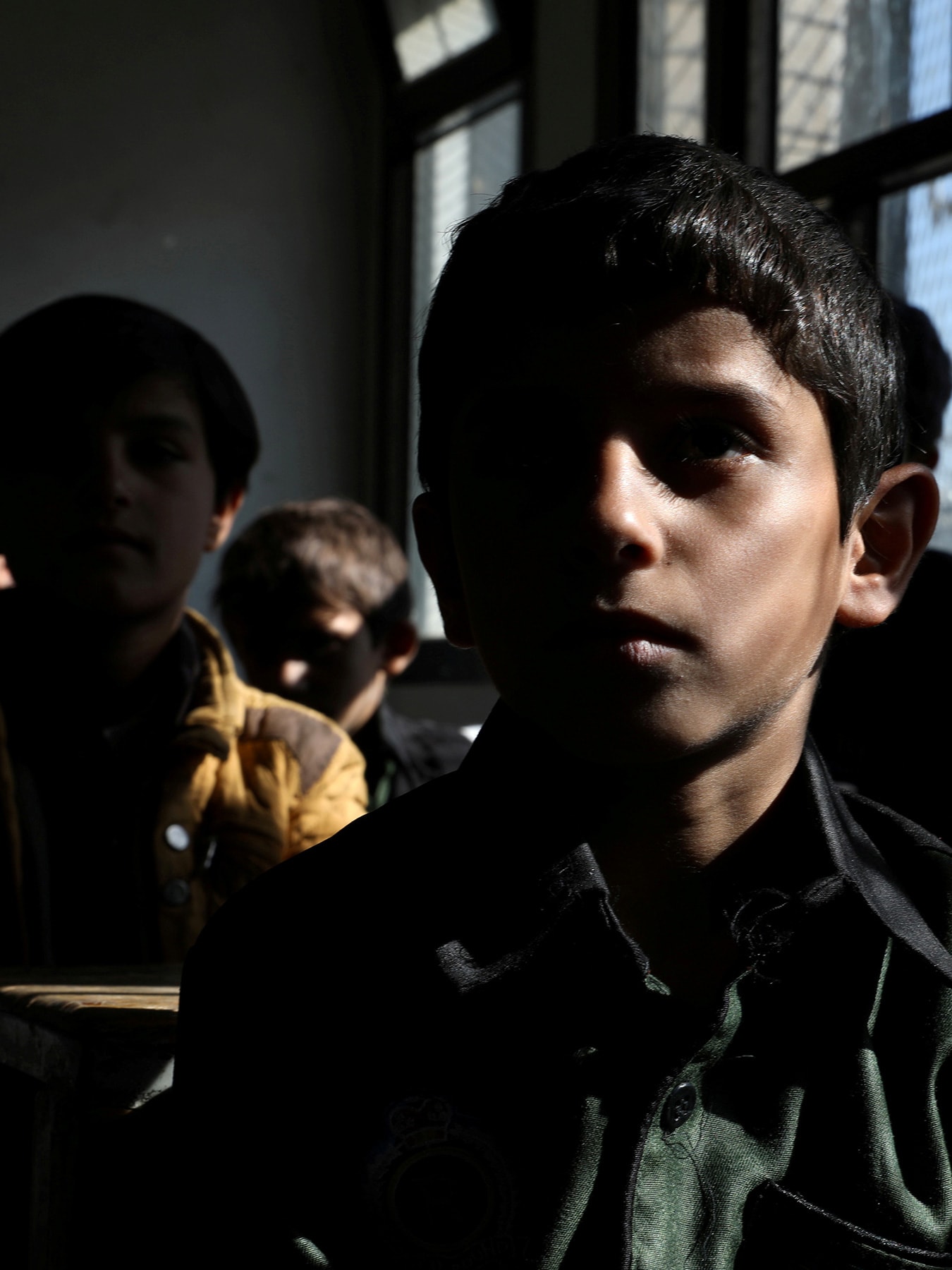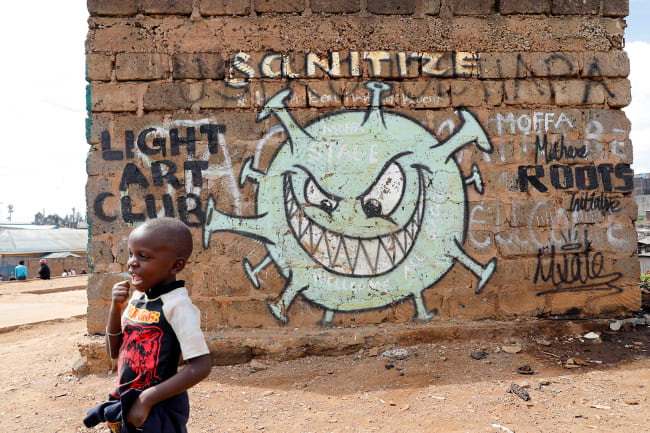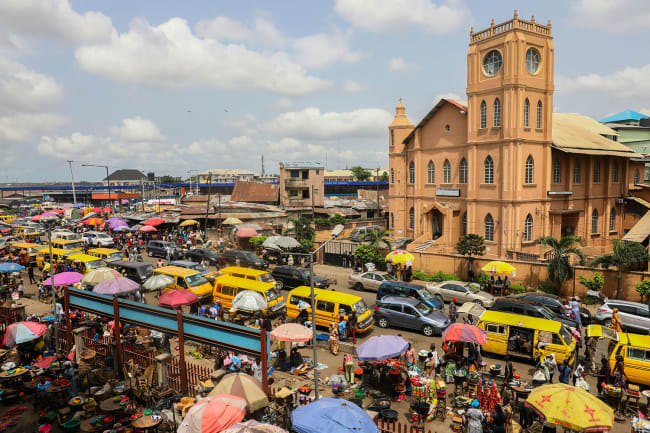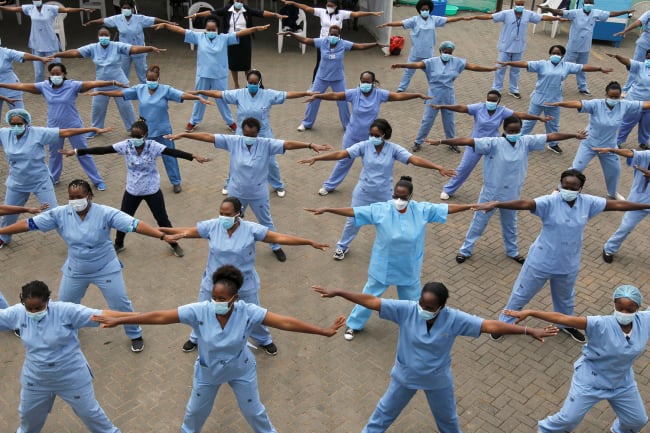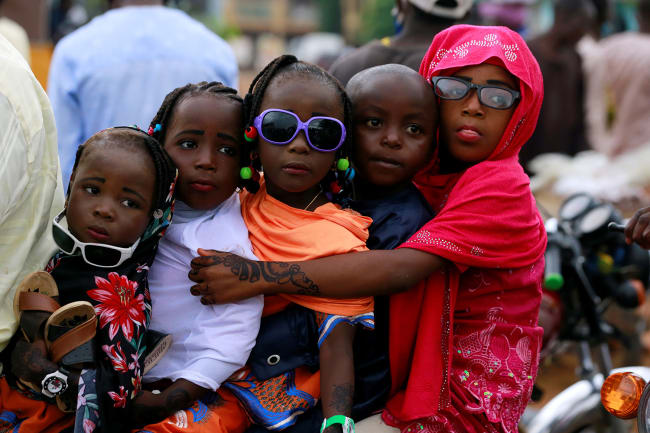In recent years, the intersection between effective public health response and community engagement has come into greater focus. In 2009, the World Health Organization (WHO) convened a body of experts to develop standards and identify best practices for community engagement in public health emergencies. The group concluded that there was a general under-appreciation of the behavioral imperative that underlies responses to public health emergencies, despite the fact that human behavior drives epidemic emergence, transmission, and amplification. Similarly, in a March 20, 2020 report, the Joint United Nations (UN) Program on HIV/AIDS also emphasized the importance of community participation.
Unpopular measures risk low compliance
Community participation matters because residents can best identify solutions for their respective communities: they know what knowledge and rumors are circulating; they can provide insight into stigma and structural barriers; and they are well placed to work with others from their communities to devise collective responses. Unpopular measures risk low compliance. On the importance of community participation, the novel coronavirus, COVID-19, pandemic is not unique.
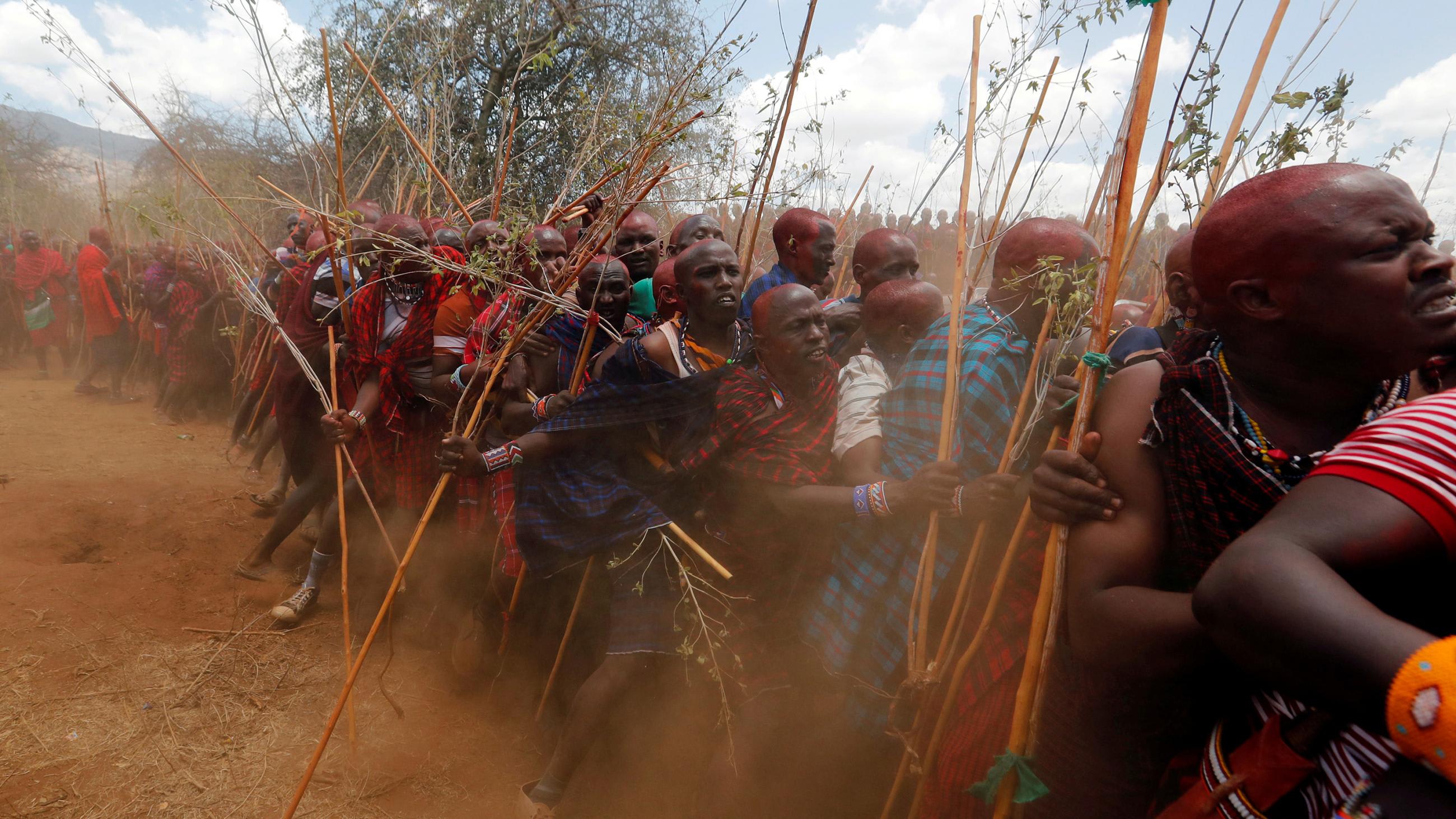
As of October 19, 2020, there are 40.2 million confirmed cases of COVID-19 worldwide. This figure suggests that the pandemic is likely to have long-lasting consequences for everyone, making now the time for governments to find sustainable ways forward by learning from countries that have successfully responded to the pandemic. The pandemic has exposed community engagement and community-centered approaches as important components of health emergency preparedness and response. From compliance with lockdown measures to the needed steps as countries ease restrictions to community support through volunteering, community participation is essential in the collective response to COVID-19.
Steps to ensure community participation and guarantee collective responsibility in COVID-19 responses
Governments should work on building a culture of solidarity, trust, and kindness. Rather than lay down unexplained or draconian restrictions, relevant authorities should provide empowerment and guidance to ensure that those within the community can act without fear of losing their livelihoods, can put food on their tables, and can look out for their neighbors' well-being. The following are steps that governments can take to ensure community participation and guarantee collective responsibility in their COVID-19 pandemic responses. These guidelines were implemented in countries that have successfully handled their COVID-19 outbreaks.
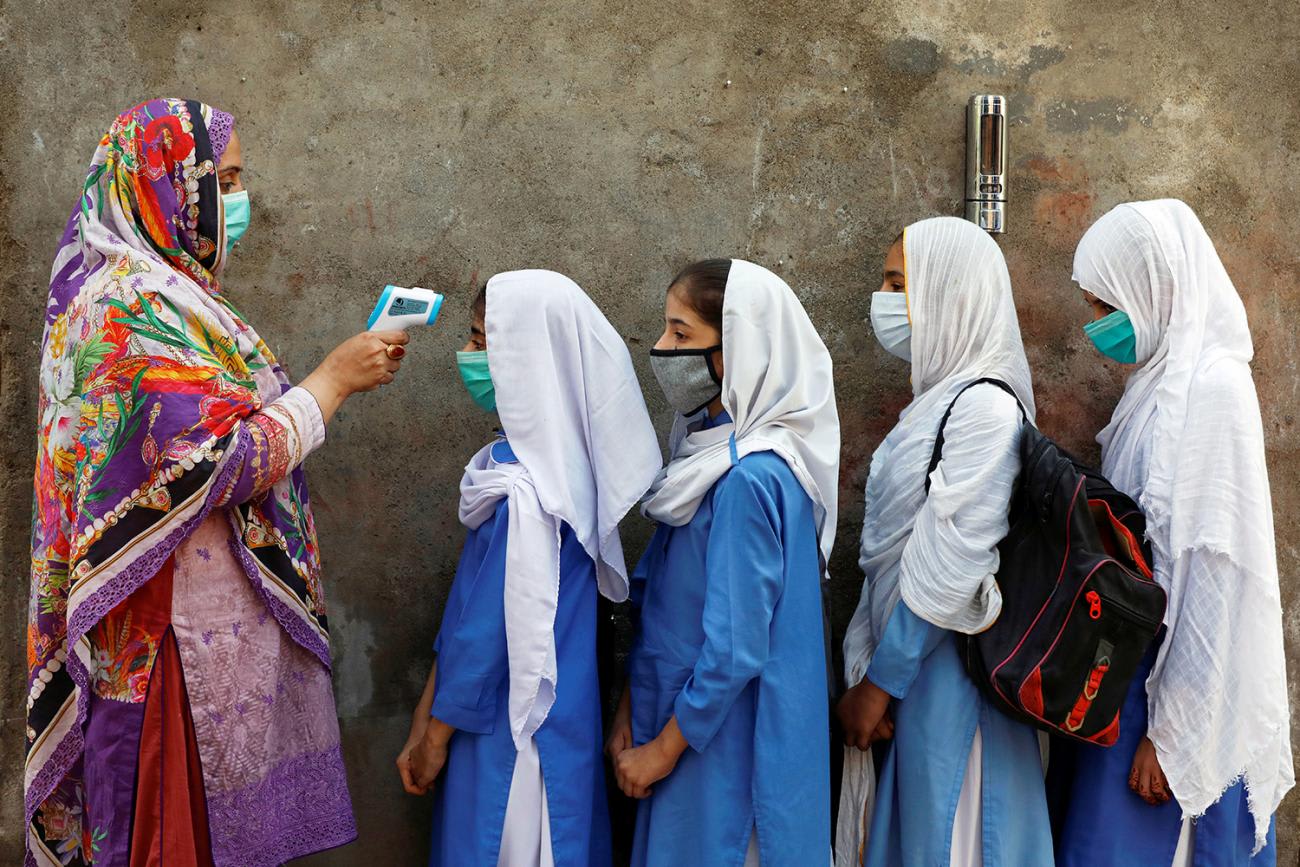
Communicate Clearly About the Risks Involved
Clear communication channels between the government and all sectors is necessary for translating policy into action. Consistent and transparent information communicated by a trusted leader promotes the acceptance of policy measures.
Consistent and transparent information communicated by a trusted leader
Concise, public messages tailored to the community and its cultural norms accelerate public awareness of health crises, which facilitates public trust in leadership and promotes cooperation in containment efforts. In Singapore, a government-sponsored task force frequently provided transparent situational updates on the pandemic and issued new guidance, along with its associated rationale, through traditional channels, social media, and regular press conferences. Also, understanding that these nationwide communication channels were susceptible to misinformation, the Ministry of Health regularly clarified misinformation and encouraged the public to follow accurate and reliable information from official channels.
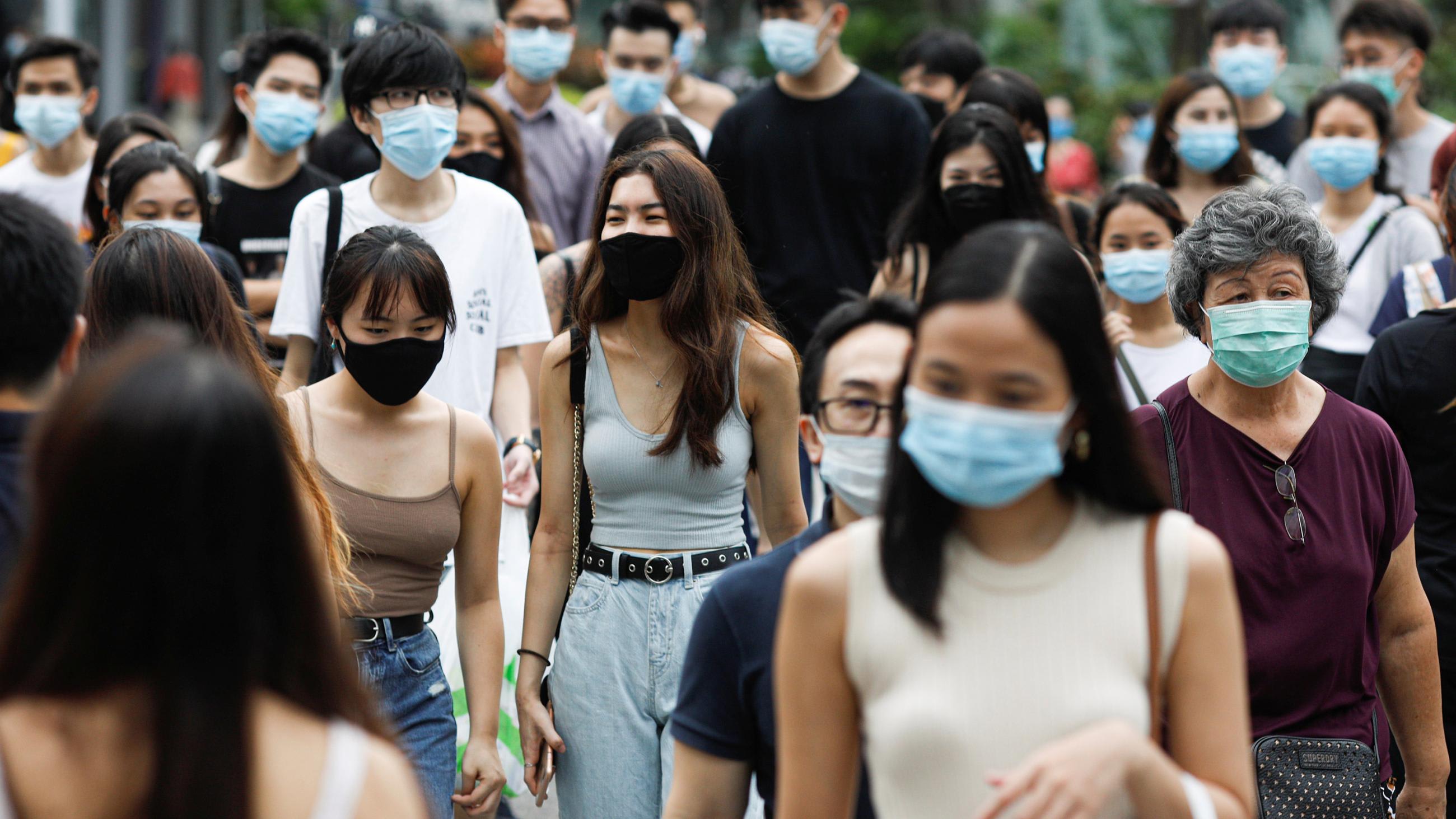
Consistently Highlight the Role Social Responsibility Plays During a Pandemic
The government, through its ministry of health, should consistently emphasize that social responsibility is essential to slowing transmission and encourage individuals to wash their hands frequently, avoid touching their faces unnecessarily, use masks appropriately, minimize contact with others, seek medical care at the earliest onset of any respiratory symptoms, and refrain from doctor shopping.
To ensure compliance with these guidelines, Singapore appointed COVID-19 ambassadors, who were deployed at various premises to facilitate compliance with social distancing measures. Real-time updates of crowd levels in parks and malls allowed individuals to make informed visits while maintaining social distance. Other initiatives to help individuals during the outbreak were made publicly available on Singapore's government agency website.
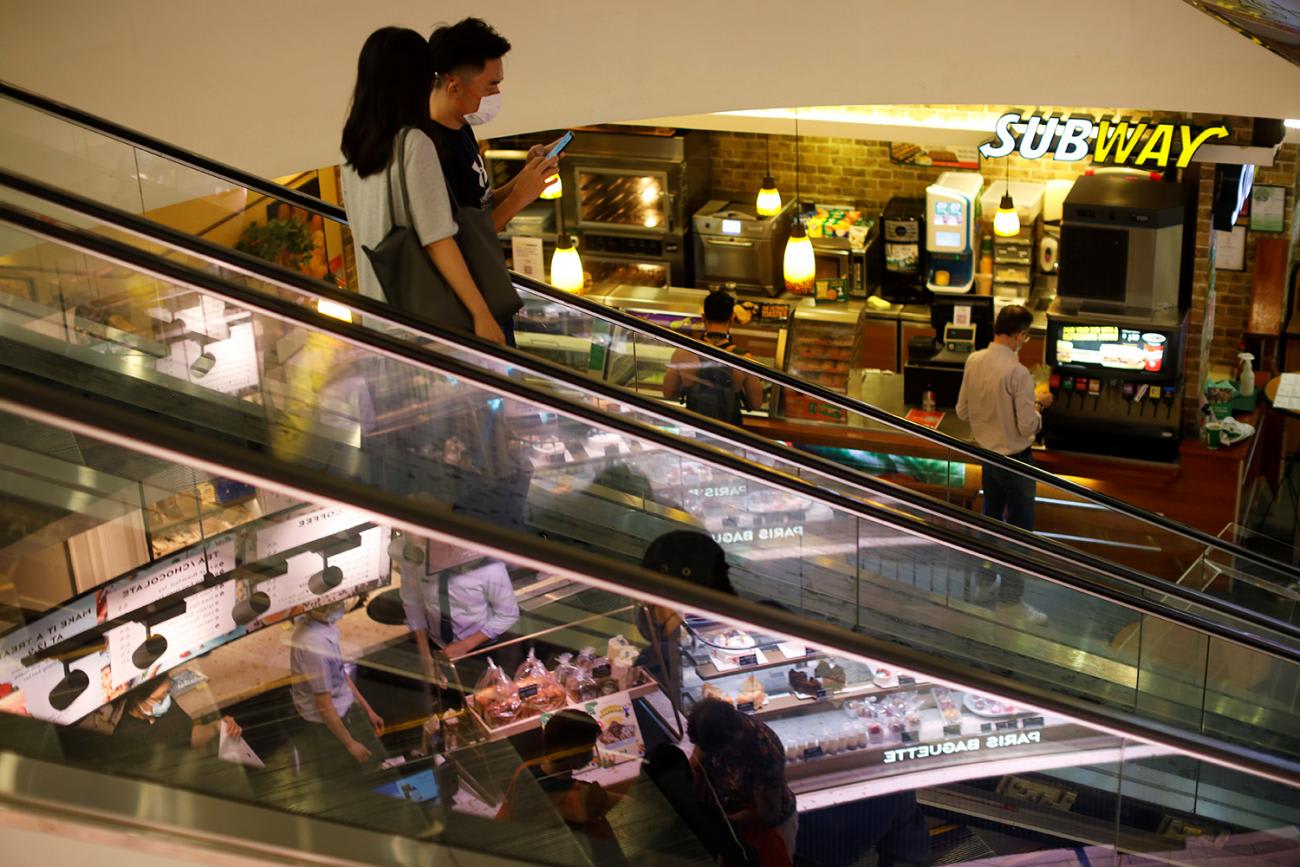
Consciously be Mindful of Those Who Have Been Affected Economically
In Singapore, to ensure public access to personal protection equipment, nationwide reusable cloth mask distribution drives were conducted on three separate occasions. In line with the 'circuit breaker' measures implemented by the government of Singapore in response to the pandemic and with parents telecommuting from home, the Ministry of Education in April 2020 suspended in-person classes and implemented a full home-based learning system. Limited social-support services were provided for parents in essential jobs without alternative care arrangements for their children.
In Singapore, nationwide reusable cloth mask distribution drives were conducted on three separate occasions
Mid-year school holidays were brought forward from June to May, to provide a respite from a period of hard work and adjustment for parents, students, and teachers during the month of home-based learning. In China, realizing that people who live in shared apartments, condominiums, student housing, or transitional housing may have challenges with social distancing, authorities took a dramatic step to curtail the formation of small outbreaks among those living in close quarters. Officials put anyone with a fever or who had been in close contact with someone believed to be infected by the coronavirus into a "centralized quarantine." Though certain actions by the Chinese government imposed upon people's civil liberties, such as freedom of movement, these efforts undeniably helped bring China's domestic outbreak under control. Without the compliance and efforts of individuals who placed the community first, such a success would likely have been impossible.
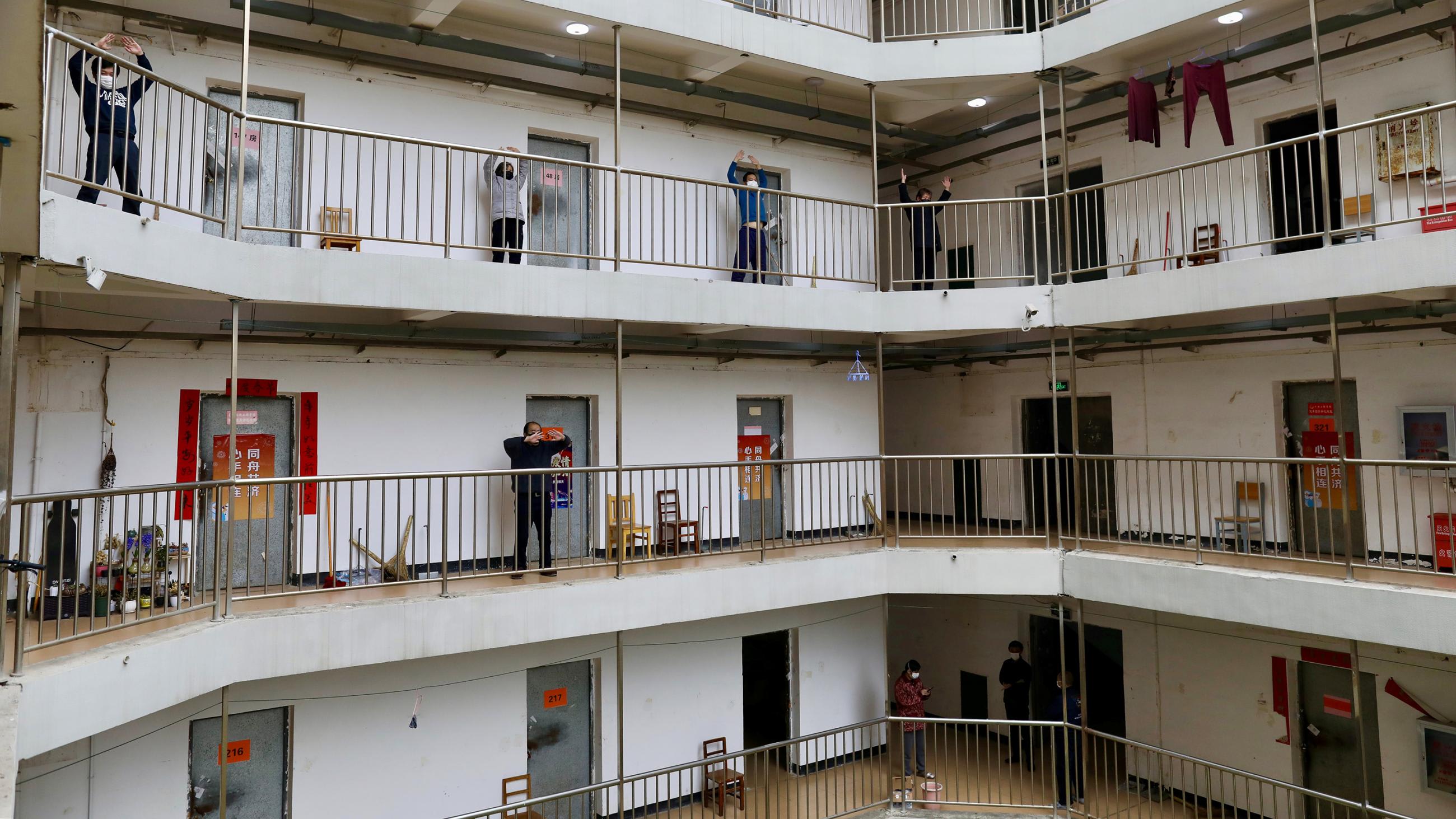
Create Economic Measures and Policy Response to COVID-19
Both an epidemic and a government's response to it can have severe consequences for people's livelihoods, employment, and access to food and essential services. People risk losing their salaries or employment if they are required to isolate or if businesses are asked to shut down.
The Danish government announced it would give private companies 75 percent of their workers' salaries for thirteen weeks
This risk is acute for people in precarious employment situations or in employment without paid sick leave. Understandably, the fear of losing one's job might prevent people from taking all necessary precautions, such as seeking testing and treatment or, in the case of COVID-19, from self-isolating. Because by doing so people are more empowered to look after their health, to self-isolate, and to improve the response to the epidemic. Danish authorities responded to the ongoing crisis quickly and forcefully through various initiatives. In mid-March, the Danish government announced that it would give private companies 75 percent of their workers' salaries for thirteen weeks. There was one caveat, however; companies could only receive that money if they did not fire workers. This initiative was meant to encourage workers to self-isolate if they felt unwell.
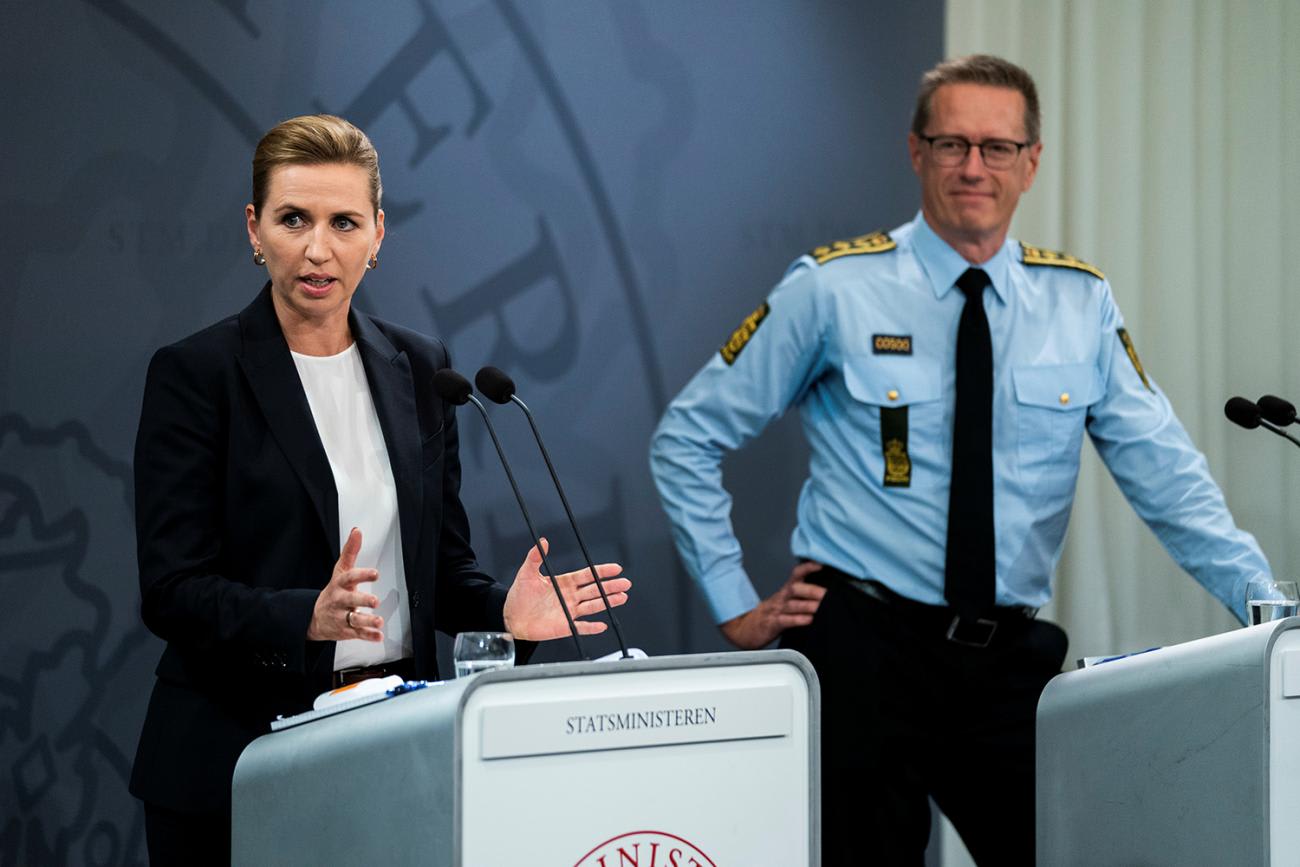
To achieve community participation, it is crucial to understand that meaningful relationships between communities and authorities are hard to establish rapidly. They need to be cultivated overtime to cement sustainable and inclusive participation. Handling such relationship requires being sensitive to and conscious of the different types of knowledge and experiences brought by diverse communities and individuals. Citizen participation carries the assurance of reducing the damages already caused by the pandemic and, crucially, of finding a sustainable way forward.
